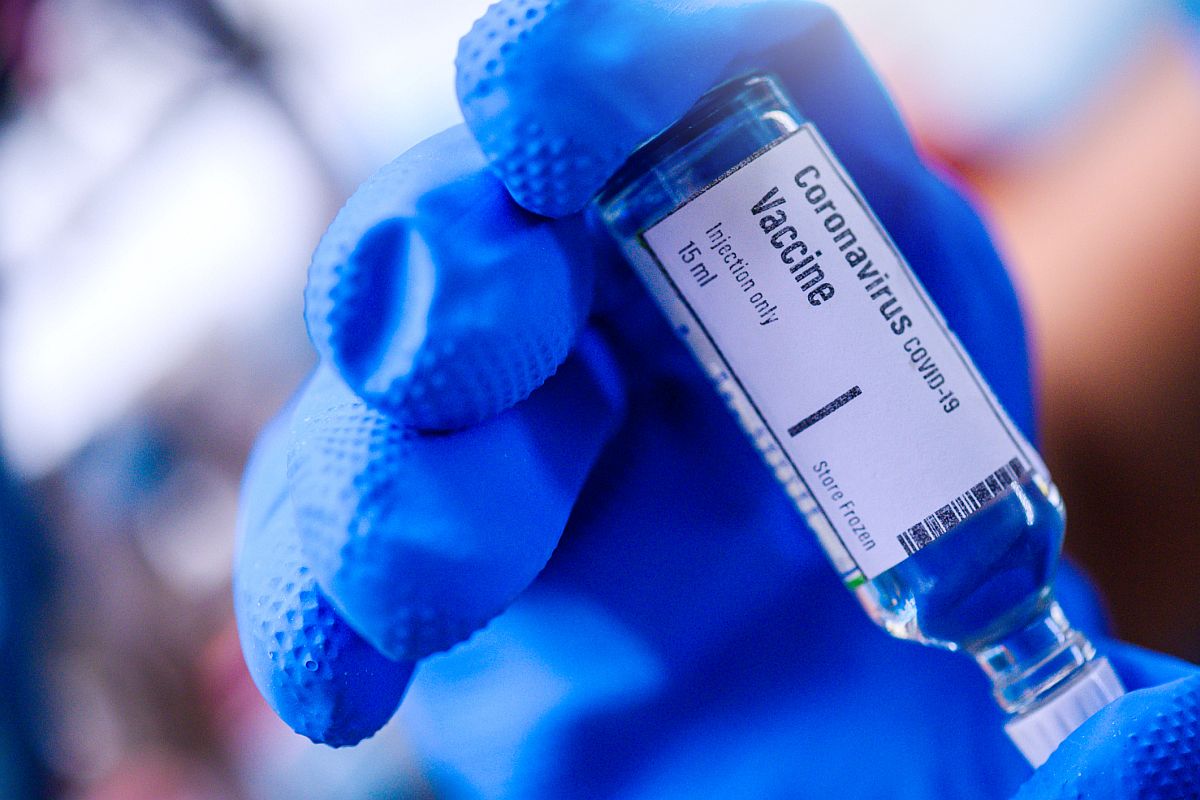The Serum Institute of India (SII) will soon apply to the Indian regulator for the licensure trials of the AstraZeneca-Oxford COVID-19 vaccine.
Commenting on the AstraZeneca-Oxford vaccine’s results, Adar Poonawalla, CEO, Serum Institute of India, said, “The trials have shown promising results and we are extremely happy about it. We will be applying for the licensure trials to the Indian regulator in a week’s time. As soon as they grant us permission, we will begin with trials for the vaccine in India. In addition, we will soon start manufacturing the vaccine in large volumes.”
Advertisement
Monday marked an important day in the battle against Coronavirus as the first results of Oxford’s COVID-19 vaccine showed that it is safe and provokes an immune reaction in a person that lasts for almost two months.
The researchers are indicating that the vaccine may be ready by year end. The results showed that more than 91 per cent of volunteers injected produced an immune response against coronavirus which lasted for a month or more. The immune responses remained strong for at least 56 days.
Oxford University’s vaccine, called AZD1222, is being manufactured by pharmaceutical major AstraZeneca and the UK government has ordered 100 million doses ahead of time.
As per the results, the vaccine boosted T cell and antibody immunity. The vaccine produced strong responses on both accounts, the study found, with T cell immunity peaking after two weeks and then dropping slightly by day 56.
Antibody immunity, on the other hand, peaked after four weeks and remained high by day 56, indicating that it may well last for even longer.
The vaccine AZD1222 had a favourable response in the first phase of clinical trials. It did not prompt any serious side effects and elicited antibody and T-cell immune responses, according to trial results published in The Lancet medical journal.
During the study, participants who received the vaccine had detectable neutralising antibodies, which have been suggested by researchers as important for protection.
These responses were strongest after a booster dose, with 100 per cent of the participants’ blood having neutralising activity against the coronavirus, showed the results.
The next step in studying the vaccine is to confirm that it can effectively protect against the SARS-CoV-2 infection.
The University of Oxford is working with the UK-based global biopharmaceutical company AstraZeneca for further development, large-scale manufacture and potential distribution of the COVID-19 vaccine, with plans for clinical development and production of the Oxford vaccine progressing globally.
Oxford and AstraZeneca are collaborating with clinical partners around the world as part of a global clinical programme to trial the Oxford vaccine.
The global programme is made up of a Phase III trial in the US enrolling 30,000 patients, a paediatric study, as well as Phase III trials in low-to-middle income countries including Brazil and South Africa which are already underway.
(With inputs from IANS)
